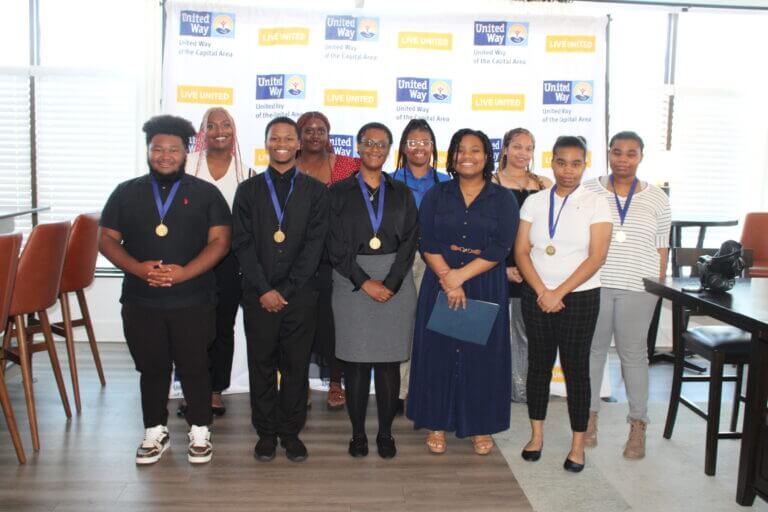
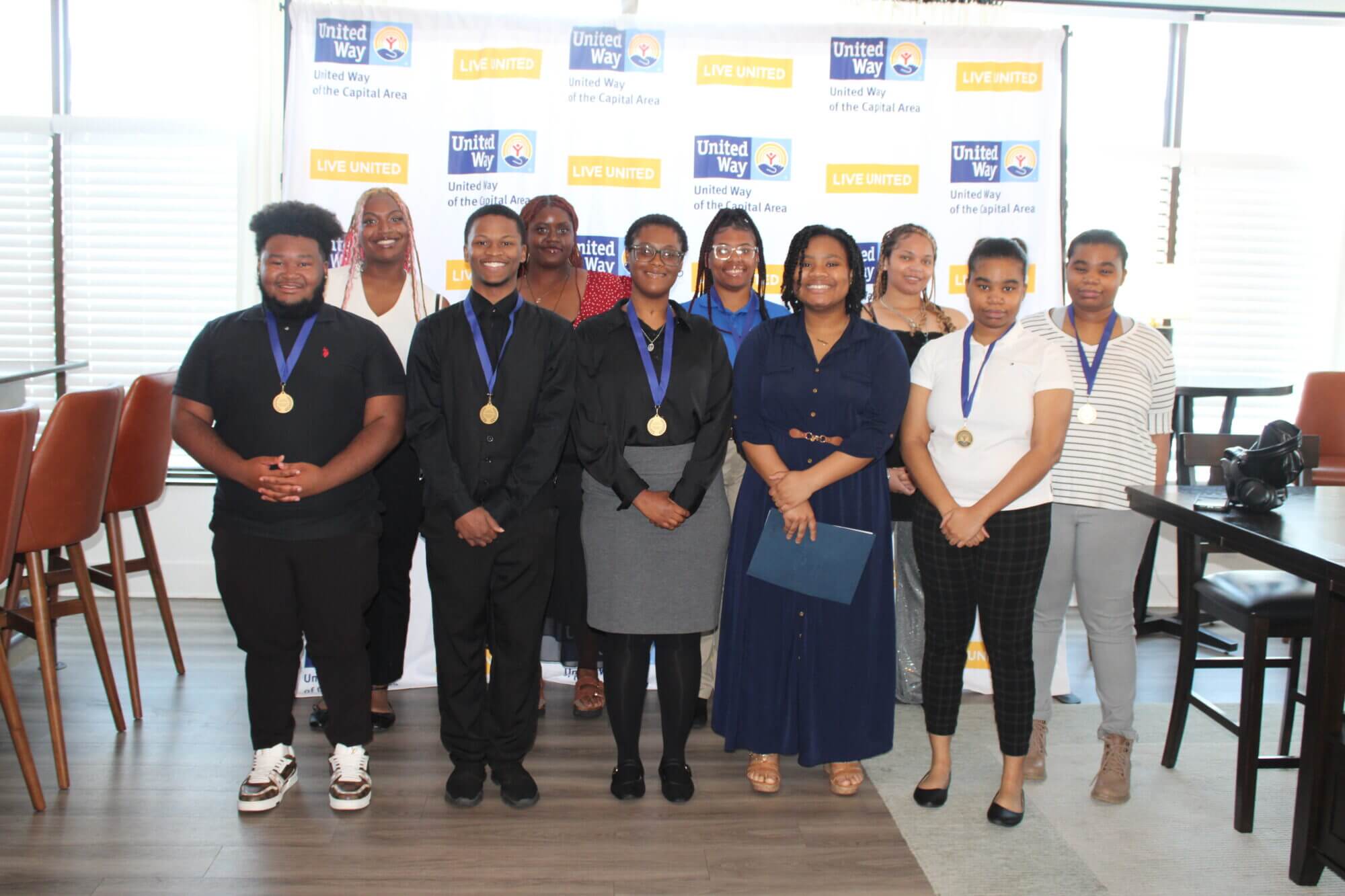
WRITTEN BY: Laurie Guillaume
Keedrick Palmer, Director of Youth United, a United Way of the Capital Area program, has a mission that can be summed up in one powerful line: “Preparing next generation’s leaders today.” Motivated by his own experience growing up without strong guidance, Keedrick has been committed to positively shaping young lives since junior high. Now completing his first year leading the Mississippi program, his personal motto, “aspire to inspire,” fuels a passion for empowering students across his home state. Youth United currently operates in schools located in Hinds, Madison, and Rankin County, a two-year commitment for high school juniors who serve as ambassadors through their senior year.
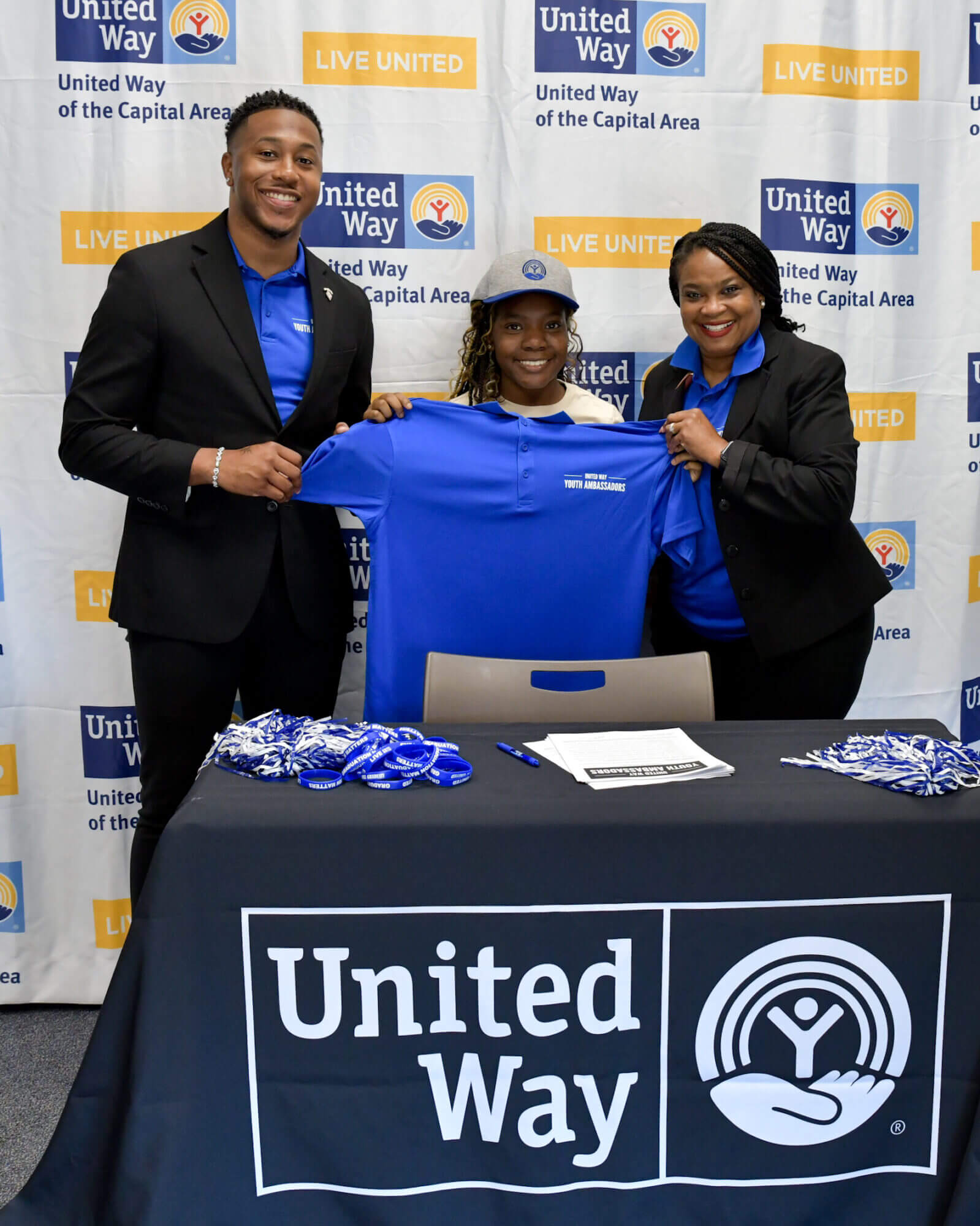
At the center of Youth United and Keedrick Palmer’s approach are three pillars: community service and visible engagement in local neighborhoods; etiquette and professional presence, including in-person behavior and responsible social media use; and college and career preparation, which covers admissions navigation, scholarship searches, ACT guidance, and interview readiness. Recruitment is promoted through the website, social media, and radio. Students apply on their own, complete a formal application, and attend an in-person interview in professional dress, where they are evaluated on punctuality, preparedness, and communication. High school campus advisors serve as logistical partners for passes and school coordination, but the program emphasizes that selection is rooted in student self-advocacy.
Students say the program is already shaping their outlook. Seneca Kelly, a junior at Terry High School, said, “The program influences my passion for advocacy by giving me more opportunities to meet new people and experience stories from others’ points of view. I plan on using these skills by explaining to others that there is more than one way to look at things and sometimes you have to flip the page to see what you are looking for.”
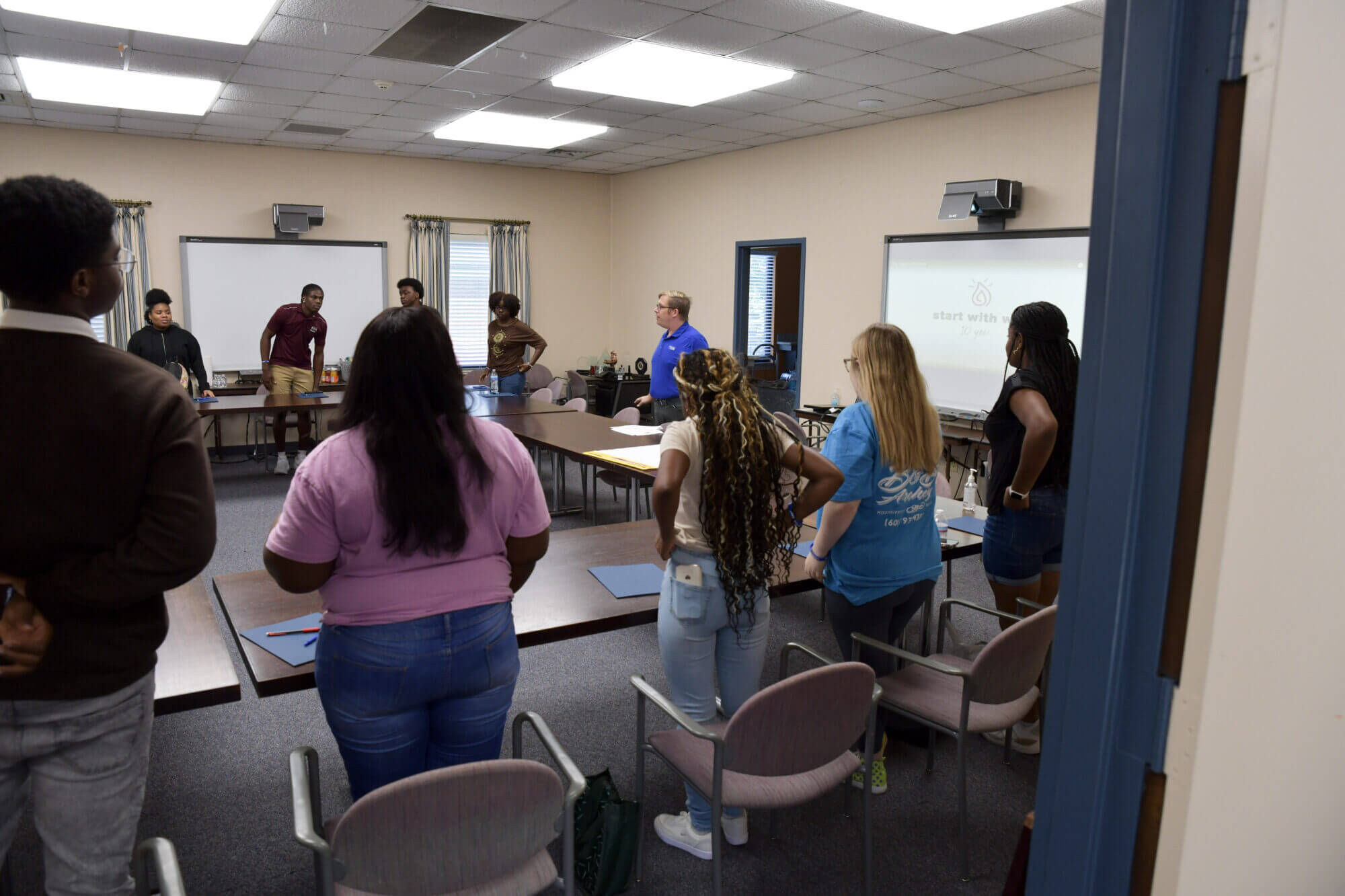
Monthly training takes place through the “Ambassador Bootcamp,” where community leaders, college representatives, legislative trainers, health professionals, and corporate partners offer presentations. Training sessions focus on building public speaking, networking, event planning, advocacy, and collaboration skills. Ambassadors are expected to bring what they learn back to their schools and communities, leading projects that align with United Way’s pillars of Health & Wellness, Education, and Economic Mobility. Students plan and execute engagement, schedule meetings, cultivate partnerships, and run events with minimal adult oversight.
For Ridgeland High School senior Kashvi Sukhadia, the program has changed how she views her community. “Before being a part of it, I often overlooked the challenges of my community, but as I worked on projects, I started to understand how deeply they affect people’s daily lives and why even small problems matter. One project that stood out to me was the Love Yours Health Symposium, a health awareness program that promoted different fields of health. By working on this project, I understood the importance of teamwork while seeing how I could make an impact on people my age by being active and contributing. I not only volunteered but also collaborated with students, guest speakers, and organizations all working side by side. This experience showed me that making an impact on others can be both meaningful to me and helpful to others.”
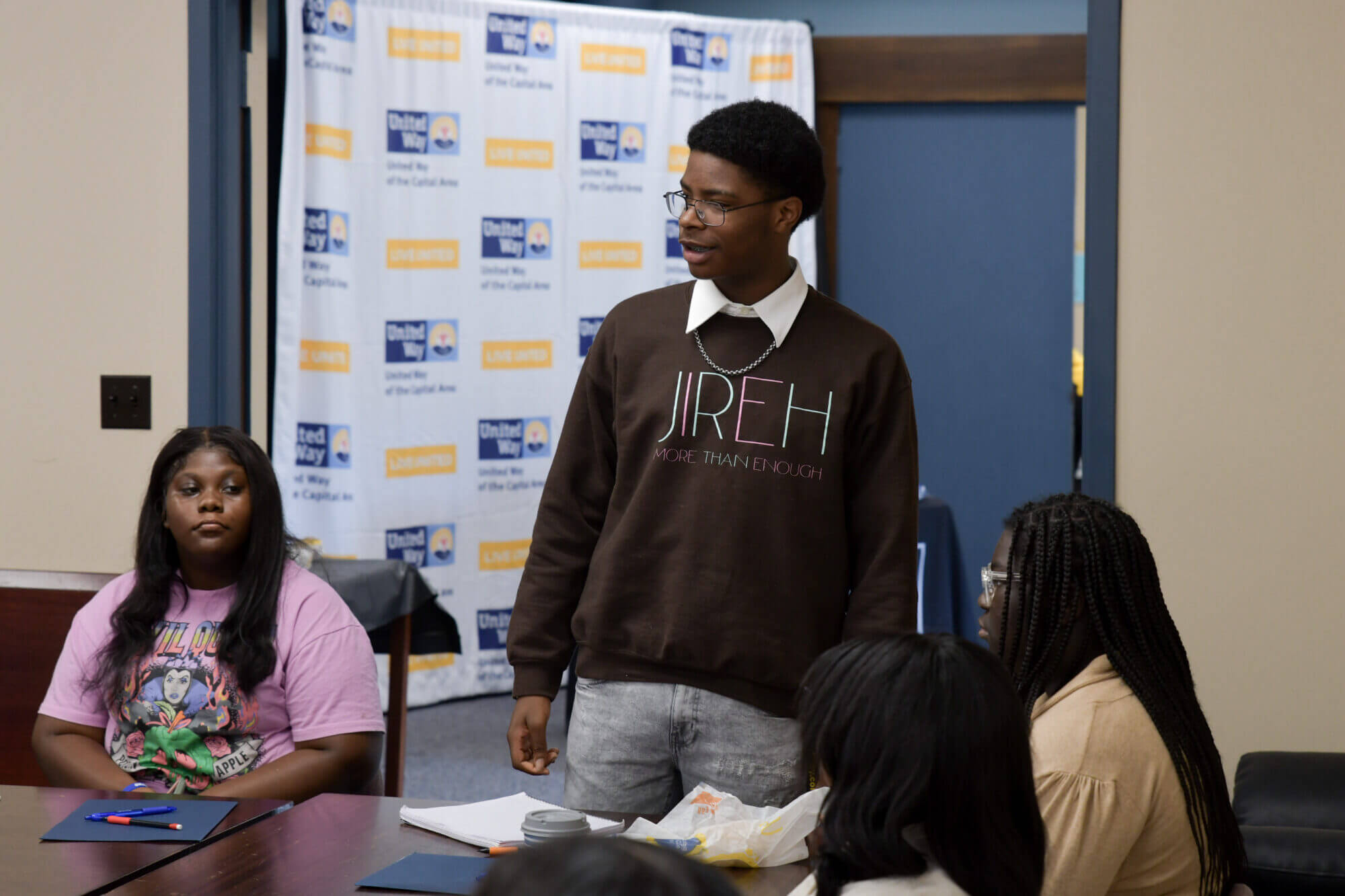
Community engagement efforts have included United Way Day at the Capitol, where students meet state legislators to raise issues they see locally; mental health symposiums; college and career fairs; school cleanups and “adopt a hallway” initiatives; mentoring and reading at elementary schools; and visits to nursing homes with snacks, crafts, and companionship. Students research local problems, identify resources, and design events as practical solutions.
Clinton High School junior Kerri West said the Ambassadors Program has helped her build essential leadership skills and collaborate with a network of like-minded peers and mentors. “A moment that made me feel proud was coming up with ideas and working with my peers on ways we could help different areas in our community,” she said.
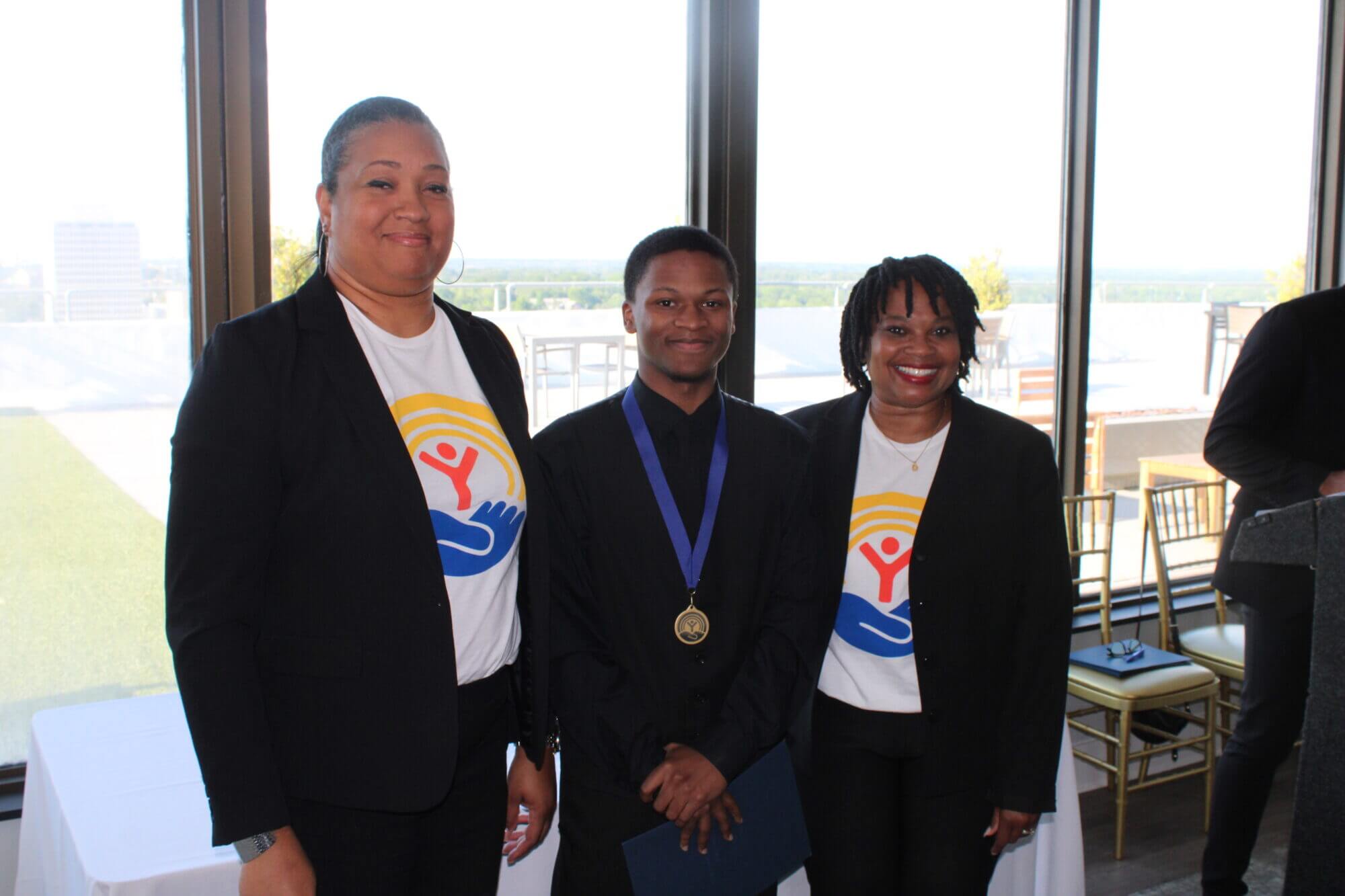
The program measures success in terms of students reached, service events completed, and attendance figures. Other measures include pre- and post-program self-assessments, surveys, and visible growth in confidence and leadership behavior. Participation, punctuality, follow-through on projects, and, when possible, college acceptances and scholarships are also tracked.
Keedrick acknowledges there are challenges. However, he remains optimistic about the program’s future. Plans include prioritizing fundraising to strengthen school-based events around college, careers, and mental health, and eventually creating an ambassador leadership retreat in Washington, D.C.
- State fire marshal is investigating troubled Unit 29 at Parchman prison - February 26, 2026
- Mississippi’s Winter Storm Fern losses exceed $107 million, state insurance department says - February 26, 2026
- DNA evidence linked to a Greenville homicide is missing. Now the finger-pointing begins - February 26, 2026